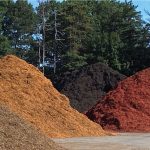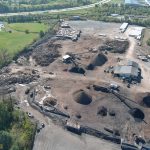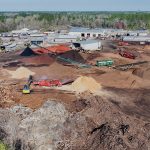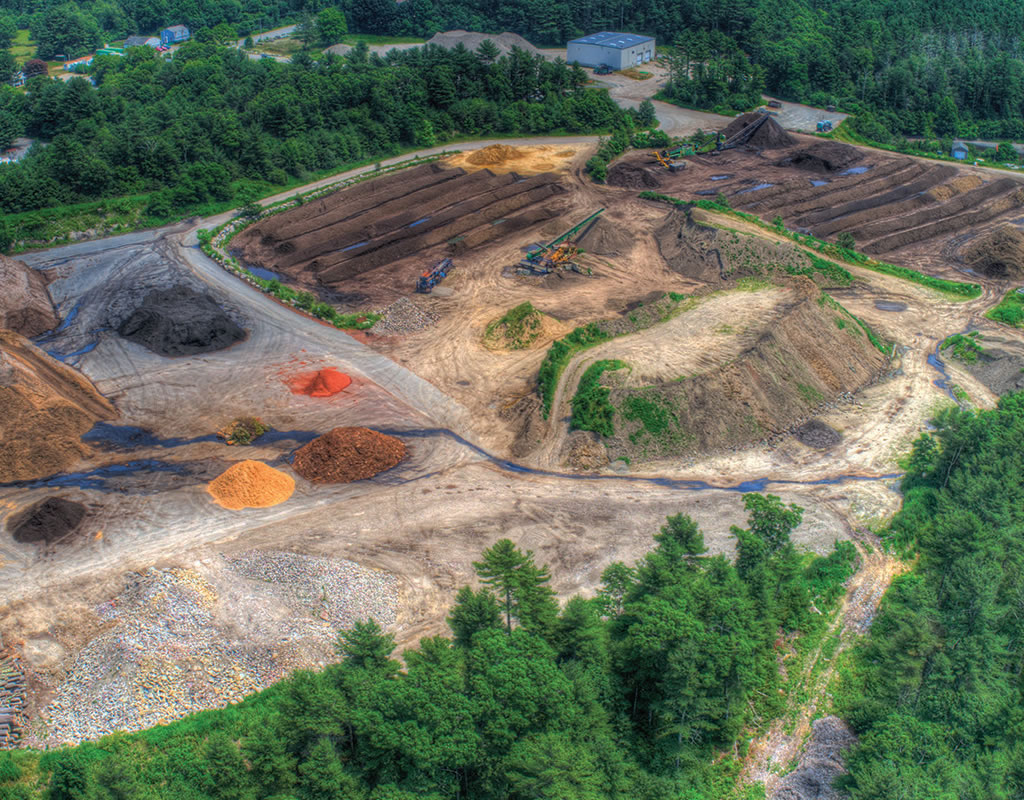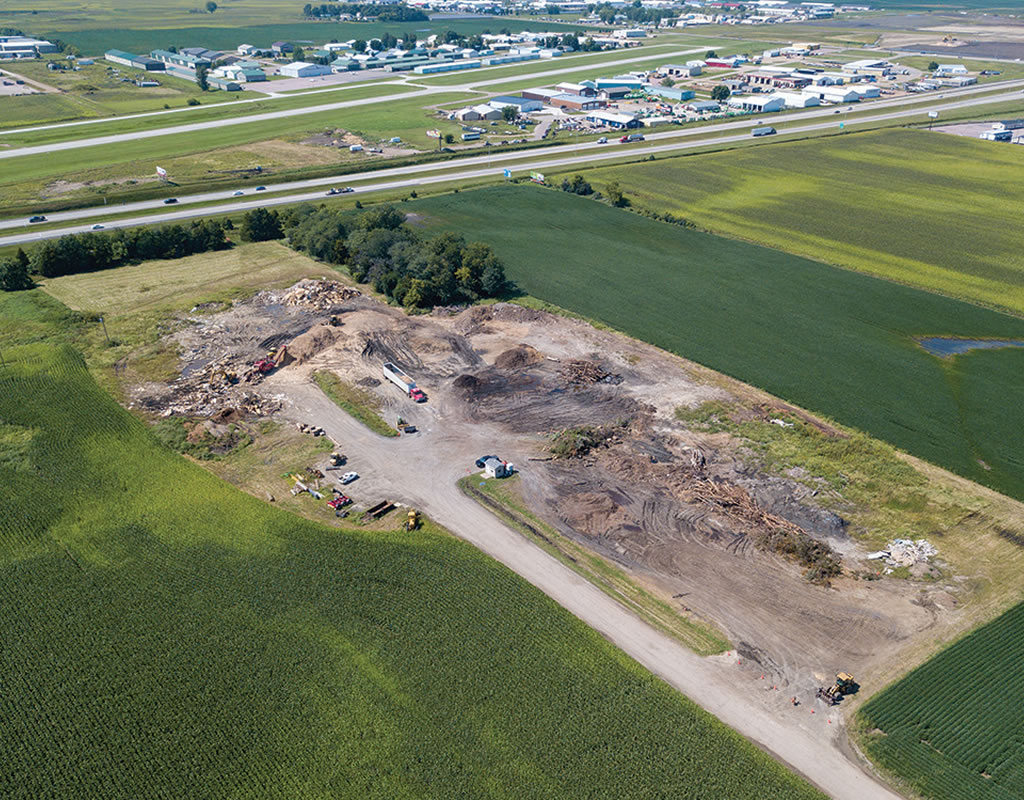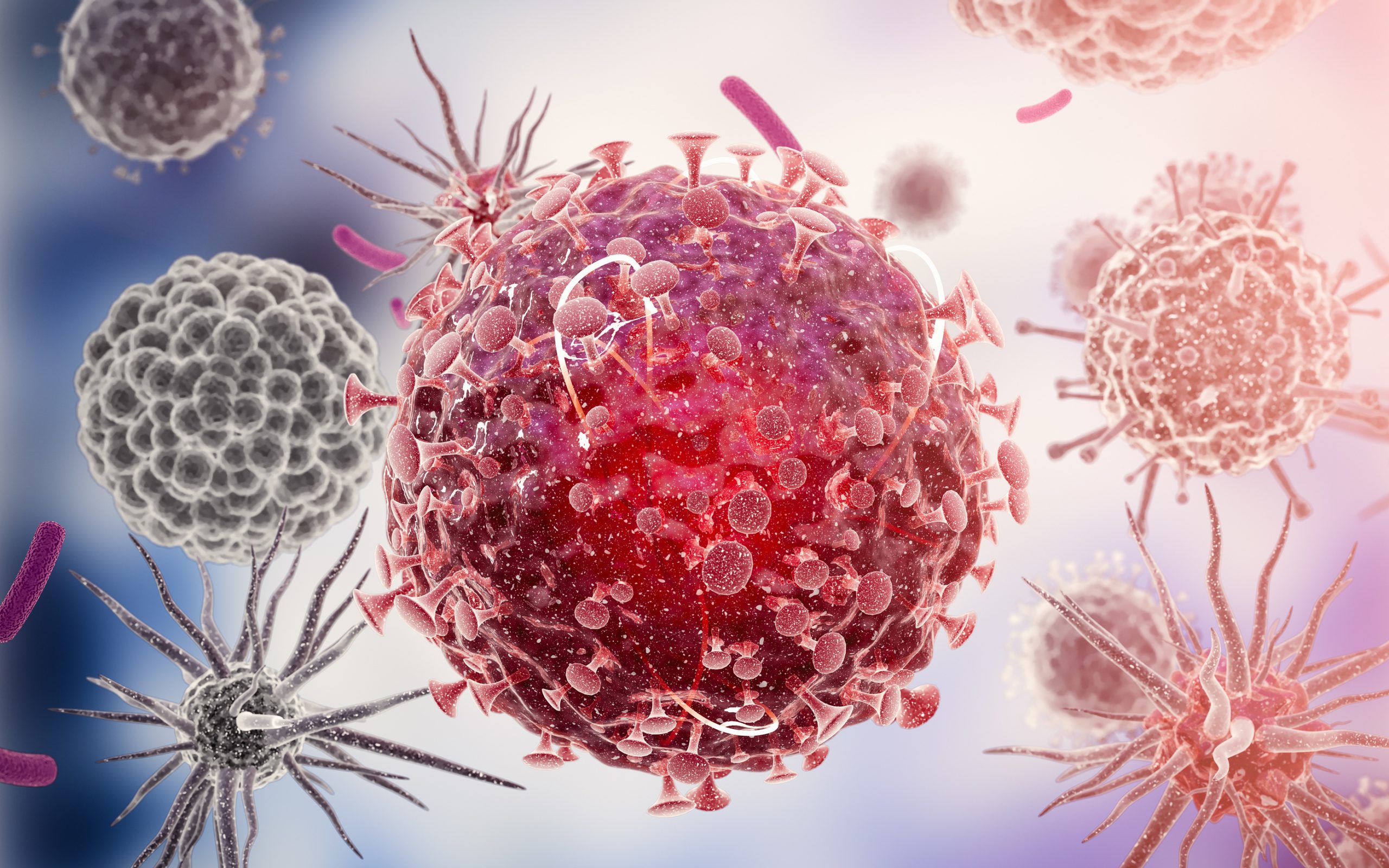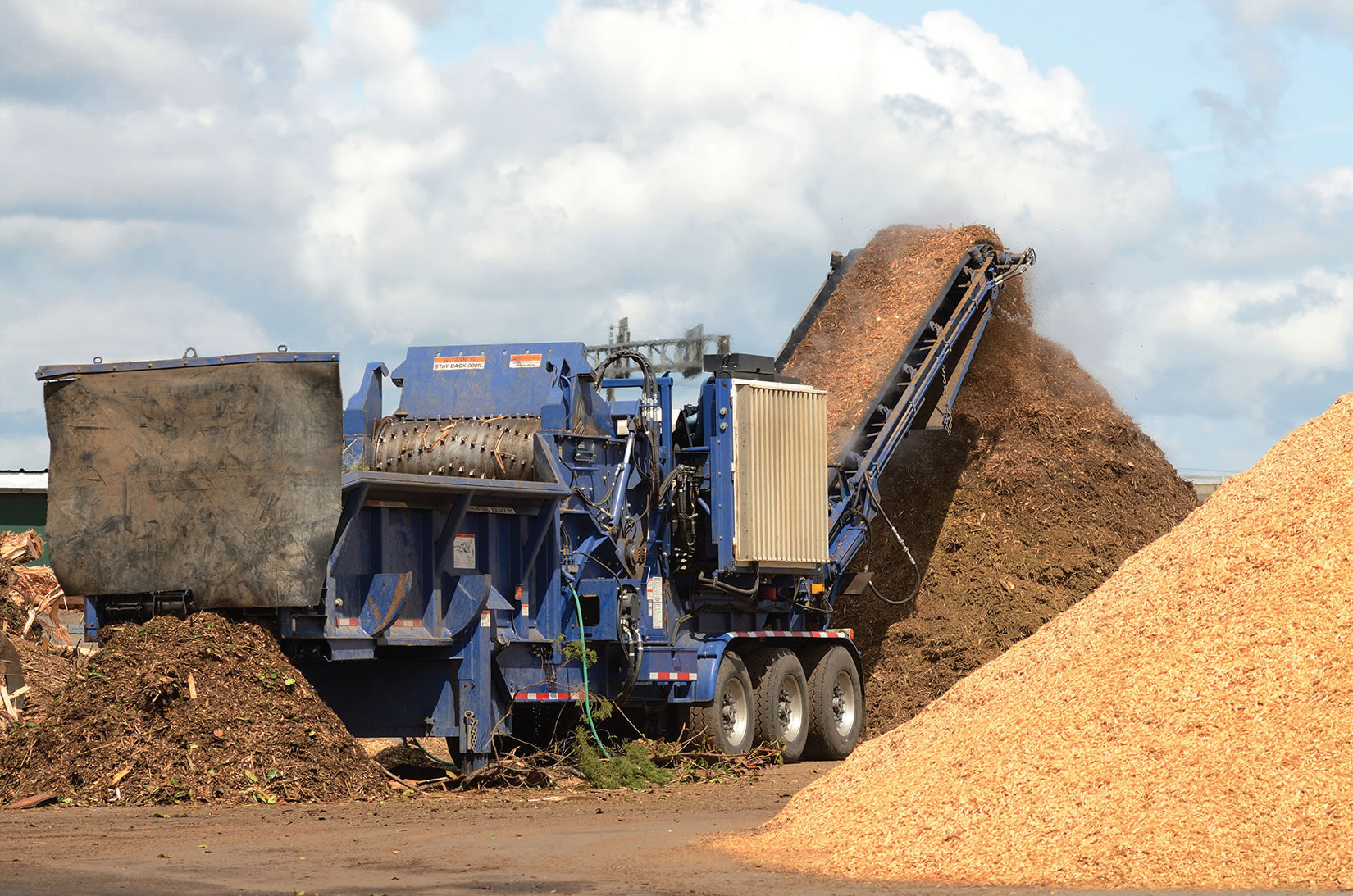Soil contamination by heavy metals (HMs) is a growing environmental concern, particularly in areas affected by industrial activities such as mining and metallurgy. These pollutants persist in the environment, posing risks to agricultural productivity, soil health, and human safety. One promising method for mitigating heavy metal contamination is the use of organic amendments, such as livestock manure compost, to stabilize metals and improve soil quality.
Human activities like non-ferrous metal mining and industrial operations contribute to soil pollution by introducing heavy metals such as lead (Pb), cadmium (Cd), zinc (Zn), and copper (Cu) into agricultural lands. Once in the soil, these metals cannot be biodegraded and may accumulate over time, leading to reduced soil fertility, lower crop yields, and potential health hazards through the food chain.
In mining regions, such as the Taojia River Basin in China, long-term industrial activities have resulted in heavy metal contamination in both vegetable fields and rice paddies. Contaminants from mining waste and industrial runoff can degrade soil structure, alter microbial communities, and increase the mobility of toxic metals, threatening both agriculture and the ecosystem.
Organic amendments, such as composted livestock manure, offer an effective and sustainable way to remediate contaminated soils. These materials can enhance soil fertility by improving organic matter content, modifying soil pH, and promoting microbial activity, which in turn influences the bioavailability of heavy metals.
Research indicates that both sheep manure (SM) and chicken manure (CM) composts can help stabilize lead and other heavy metals in contaminated soils. The key mechanisms through which organic amendments aid in remediation include:
- Soil pH Modification: Compost applications generally increase soil pH, creating conditions that reduce heavy metal mobility.
- Organic Matter Enhancement: Higher organic matter levels improve soil structure and enhance the immobilization of heavy metals by binding them to organic compounds.
- Microbial Activity Support: The presence of organic materials fosters beneficial microbial growth, which can influence heavy metal transformation and stabilization.
Field studies have demonstrated that compost application can lead to significant improvements in soil quality and reductions in heavy metal availability. In vegetable-growing soils, the application of 10% CM compost resulted in the most effective Pb immobilization, reducing its bioavailable content to 11.561 mg/kg. Similarly, in rice paddies, 10% CM compost application improved soil fertility and decreased Pb and Cd uptake by plants, reducing their transfer to edible crops.
Additional observations include:
- CM compost enhanced soil organic matter more effectively than SM compost.
- SM compost showed a threshold effect, where Pb stabilization improved at 5% application but diminished at higher concentrations.
- Soil pH had a limited direct effect on Pb immobilization, with organic matter and phosphorus content playing a more significant role.
The use of organic amendments in soil remediation provides a dual benefit: reducing heavy metal contamination and enhancing soil fertility. However, long-term application must be carefully managed to prevent excessive accumulation of elements such as Zn and Cu, which could pose additional risks.
For sustainable soil management, farmers and policymakers should consider:
- Optimized Compost Application: Using appropriate compost types and dosages to maximize heavy metal stabilization while avoiding nutrient imbalances.
- Long-Term Monitoring: Tracking soil and crop conditions over time to ensure continued effectiveness and prevent potential secondary contamination.
- Integration with Other Remediation Strategies: Combining organic amendments with physical and chemical remediation techniques to enhance overall soil recovery.
Organic-based remediation using livestock manure compost presents a viable strategy for mitigating heavy metal contamination in agricultural soils. While chicken manure compost showed the highest efficiency in Pb stabilization, both SM and CM amendments contributed to improved soil health. Future studies should focus on the long-term effects of continuous compost application to ensure sustainable and safe agricultural practices in heavy metal-contaminated regions.
CITATION: Zeng Y, Farooq TH, Yuan C, Li W, Farooq A, Wang G, Fang Y, Wang J and Yan W (2025) Organic-based remediation of heavy metal-contaminated soils in the Taojia river basin affected by long-term non-ferrous mining and logging activities.
Front. Plant Sci. 16:1486575.
doi: 10.3389/fpls.2025.1486575
COPYRIGHT
© 2025 Zeng, Farooq, Yuan, Li, Farooq, Wang,
Fang, Wang and Yan.
Organic-based_remediation_of_heavy_metal-contamina.pdf
Related News
Subscribe Today
Every other month, Soil & Mulch Producer
News brings you important stories about:
• New Technology
• Products
• Industry News
• Research Studies
Soil & Mulch Producer News features articles and services relevant to your daily operations.

